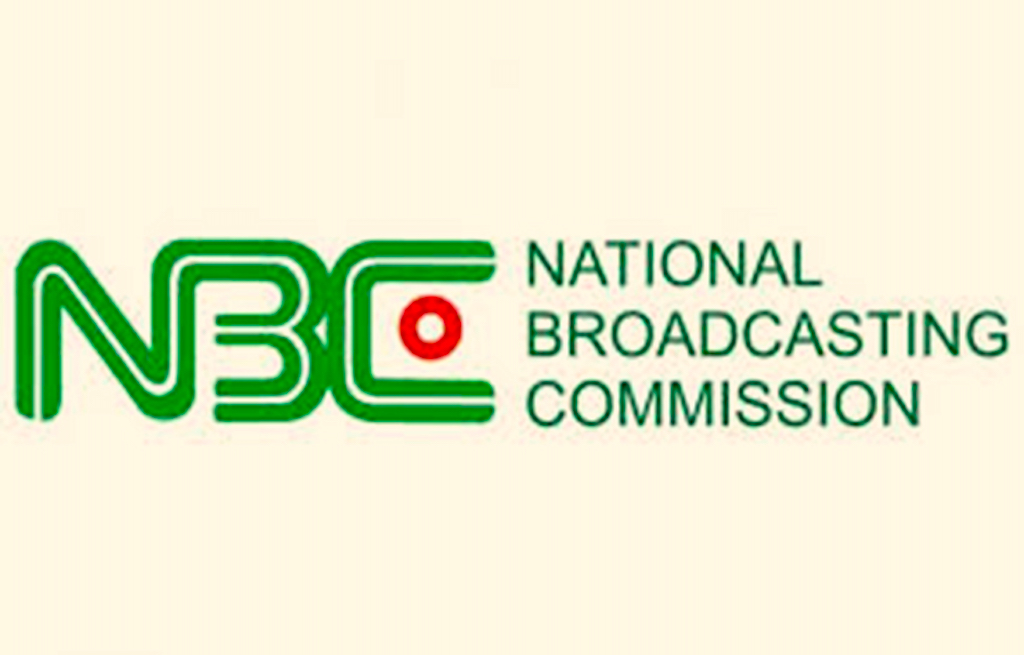- Based on recent data from the CBN, there were plenty of dollars in the Nigerian market in the last three months of the year 2023
- The country is expected to get more dollars from World Bank budget finance, NNPC-related flows, and maybe Eurobond issuance
- It is anticipated that the value of Nigeria's naira will increase in the coming months after the market took in the equivalent of $1.3 billion last week
Legit.ng journalist Zainab Iwayemi has over three years of experience covering the Economy, Technology, and Capital Market.
A recent quarterly statistical bulletin from the Central Bank of Nigeria (CBN) has highlighted that foreign exchange (FX) consumers consumed more dollars in the three months ending in December 2023 than they did in the previous quarter.
Despite this, Nigeria is still hopeful about receiving additional FX inflows in 2024.

Source: Getty Images
The inflows will most likely come from World Bank budget finance, NNPC-related flows, and Eurobond issuance.
PAY ATTENTION: Сheck out news that is picked exactly for YOU ➡️ find the “Recommended for you” block on the home page and enjoy!
Naira to appreciate
Nigeria's naira is predicted to appreciate in the upcoming months as the market absorbs the equivalent of $1.3 billion last week, relieving pressure from forward central bank foreign currency contracts.
Rand Merchant Bank, in a report, projected that outstanding forward contracts will amount to only $198 million between now and December.
According to the data, the overall amount of foreign exchange used in the Nigerian economy increased by 21% every quarter to $4.1 billion.
Despite the quarterly rise, FBNQuest reported in a report on Thursday that the number is the second lowest over the previous eight quarters and shows a significant year-over-year (y/y) fall of 46%.
Factors that led to naira appreciation
A noteworthy increase in FX utilisation for invisible imports, which saw a 55% q/q increase to $1.5 billion, significantly contributed to the quarter's growth.
Goods imports made up 64% of all foreign exchange used, increasing by 21% every quarter to $2.6 billion.
BusinessDay reported that when it comes to the import of goods, the industrial sector was the biggest user of foreign exchange, accounting for $1.3 billion, or 51% of all foreign exchange used for goods.
Imports of food products rose by 8% every quarter, totalling USD 493 million and making up 19% of the total. The next category was manufactured goods, with $340 million in imports, or 13% of the total foreign exchange utilised for goods.
Financial services accounted for about $1.5 billion, a 41% q/q increase, and constituted approximately 72% of the total FX utilised by Invisible, making them the dominant sector within the invisible segment.
Another notable increase was in business services, which witnessed a q/q increase of about 250% to $ 225 million.
According to CBN data, the overall trend of FX usage has been dropping since Q4 2022, with the exception of the spike in Q4 2023. This trend reflects the prevalent FX liquidity issues at the time.
Analysts at FBNQuest said,
“Looking ahead, the CBN anticipates higher FX utilisation figures in the coming quarters. This expectation is based on the relative improvement in FX access for firms and other users, following the implementation of reforms aimed at enhancing market liquidity.”Naira to appreciate as CBN pumps in over $1.3bn
Legit.ng reported that analysts forecasted that the naira would strengthen in the upcoming months, as the Central Bank of Nigeria (CBN) settled over $1.3 billion in foreign currency (forex) forward contracts last week.
According to analysts at Rand Merchant Bank in Lagos, the settlement leaves an outstanding FX forwards contract with an estimated $198 million in unpaid balances between now and December.
The Nation reported that less forex pressure will be applied to the naira due to the decreased volume of unsettled forex contracts, which will assist in recovering the local currency.
Source: Legit.ng
















 English (US) ·
English (US) ·